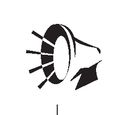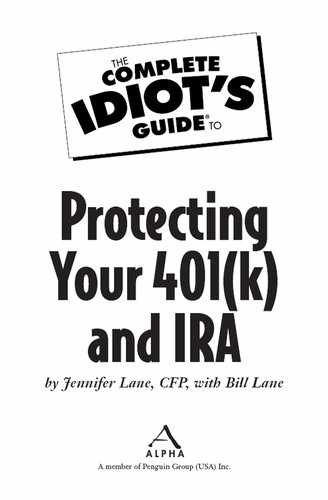Protect Your Nest Egg When You Change Jobs
Don’t take the money out of your work retirement plan to pay expenses or bills when you leave your job. Keep it growing for your retirement by either leaving it in the employer’s plan or moving it into your own IRA account. If your balance is greater than $5,000, most companies will let you leave your retirement account in their plan even after you stop working for them. After all, the plan sponsor—the investment company—would like to keep earning the fees they make on your account! Also, the government doesn’t want to put a burden on you to move your account if it’s not absolutely necessary; they want you to keep saving. You won’t be allowed to contribute more to your old company plan, and your account vesting will freeze at the point that you left the company. But if you love the investments in your old employer’s plan, if they are reasonably priced, and if there are enough choices to allow you to implement your asset allocation, avoid cracking your nest egg when you change jobs by leaving your account right where it is.

Rainy Days
If you take the money out of your employer’s retirement plan when you leave, you’ll pay income taxes on your withdrawal, plus a 10 percent penalty if you’re under age 59 ½ unless you transfer it into another retirement plan. If you’re in the 25 percent tax bracket, the extra penalty for not transferring to another plan could erase 35 percent of your withdrawal.
If you never liked your old employer’s plan or if the plan has changed since you left the company, you can transfer your money into your Traditional IRA or a Rollover IRA account. The Rollover IRA works exactly the same as your Traditional IRA—with tax-deferred growth until you make a withdrawal, and withdrawals that are taxed when you take them, and required minimum withdrawals starting at age 70½. Use the Rollover IRA instead of adding your old work plan assets to your Traditional IRA if you think you’ll want to transfer your work plan money into a future employer’s plan. The Rollover IRA can work as a temporary holding account that will let you manage the investments until you have access to a plan to transfer it to. If you mix your work plan assets into your Traditional IRA, your new employer may not accept the transfer into their plan.
The Least You Need to Know
• It doesn’t take much to grow your nest egg; a direct deposit of 2 percent of each paycheck into an emergency fund will grow faster than you think.
• You can have a retirement account as soon as you have income, or open a retirement account as a gift for your newly employed teen and help him fund it.
• Many employers will match your contributions to your retirement plan, up to a limit.
• It’s okay to reduce savings when your kids are young and your budget is tight; just don’t stop saving.
• You can transfer your balance from your old 401(k) to an IRA tax-free to continue growing your nest egg.
..................Content has been hidden....................
You can't read the all page of ebook, please click here login for view all page.
